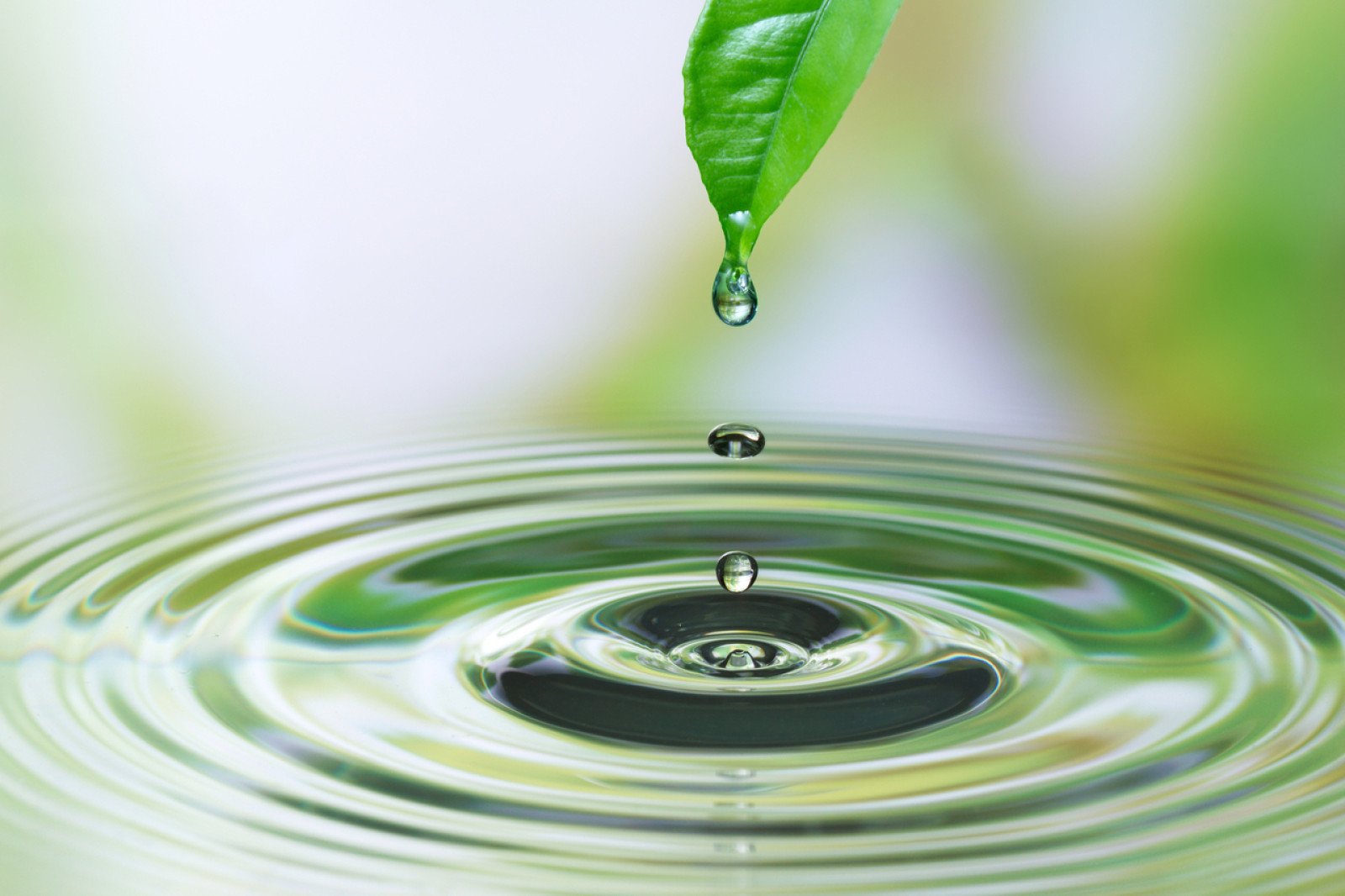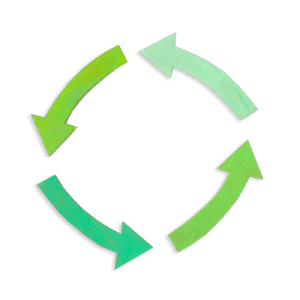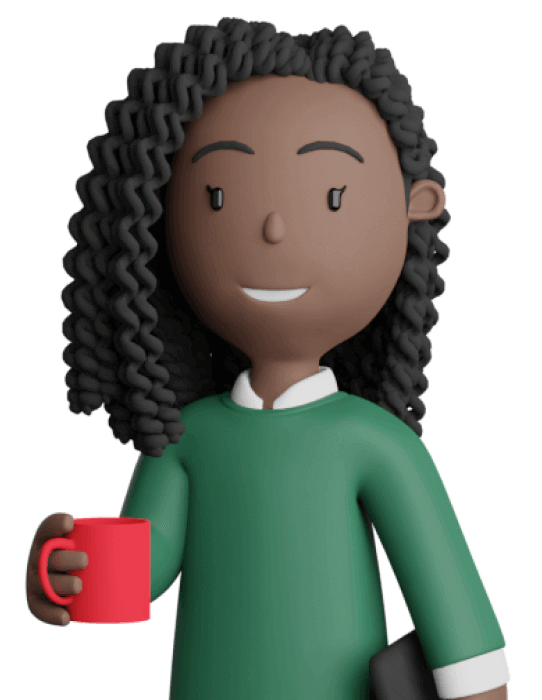Drops of wisdom
Explore Indigenous Peoples’ relationship with water and how it can help us better care for water.

Overview
Students think about what water means to them, explore Indigenous Peoples’ relationship with water and how we can better care for water.
Instructions
What you'll need
- "Drops of wisdom" slideshow
- "Drops of wisdom" worksheet, one for each student
- Digital projector and screen
- Open up and display the "Drops of wisdom" slideshow. Show your students slide 2 and ask them, “How can we show that we care for water?”
- Write their ideas on chart paper or the board.
- Show slide 3 and explain that Indigenous Peoples have a unique relationship with water. Play the "Honouring water" video as an example of how the Leqamel Nation in British Columbia honours water.
- Show slide 4 and invite your students to suggest what important ideas we might learn about caring for water from Indigenous Peoples’ relationship with water. Create a class list of their suggestions for use later in this activity.
- Ask your students to suggest which of the ideas might be the most important. As students offer their ideas, use their thinking to develop the criteria for an important idea. An important idea:
- invites you to think about something differently
- encourages you to change your thoughts, habits, or actions
- Show your students slides 6-11 and read and discuss each image and idea. Encourage students to add new ideas to the class list.
- Give each of your students a copy of the "Drops of wisdom" worksheet. Show slide 12 and ask your students, “What important ideas about caring for water can we learn from Indigenous Peoples’ relationship with water?” Ask them to select three important ideas that could be learned from Indigenous Peoples’ relationship with water, reminding them to use the criteria when making their decision.
- Conclude the activity by asking students to describe how they could use each of their chosen ideas to help them better care for water. Encourage students to note their thinking on their worksheets, and students then share their ideas with the class.
Modify or extend this activity
Extensions
- Students can create posters to show how to we might better care for water.
- Using proper protocols, invite a local Elder to come and visit the class to talk about the importance of caring for water.
- Your class can celebrate World Water Day and learn how children around the world are caring for water. (See videos here)
- Invite students to find important ideas about water while reading or listening to Nibi’s Water Song by Sunshine Tenasco or The Water Walker by Joanne Robertson.
Curriculum Fit
Grade 2 Science
Big idea
- Water is essential to all living things, and it cycles through the environment.
Content
- Water conservation
- Local First People’s knowledge of water: conservation
Curricular competencies
Questioning and predicting
- Demonstrate curiosity and a sense of wonder about the world
- Observe objects and events in familiar contexts
Processing and analyzing data and information
- Experience and interpret the local environment
- Recognize First Peoples stories (including oral and written narratives), songs, and art, as ways to share knowledge
Evaluating
- Consider some environmental consequences of their actions
Applying and innovating
- Take part in caring for self, family, classroom and school through personal approaches
- Transfer and apply learning to new situations
Communicating
- Communicate observations and ideas using oral or written language, drawing, or role-play
Grade 3 Social Science
Big idea
- Indigenous knowledge is passed down through oral history, traditions, and collective memory.
- Indigenous societies throughout the world value the well-being of the self, the land, spirits, and ancestors.
Content
- Cultural characteristics and ways of life of local First Peoples and global indigenous peoples
- Relationship between humans and their environment
Curricular competencies
- Use Social Studies inquiry processes and skills to ask questions; gather, interpret, and analyze ideas; and communicate findings and decisions
- Explain why people’s beliefs, values, worldviews, experiences, and roles give them different perspectives on people, places, issues, or events
- Make value judgments about events, decisions, or actions, and suggest lessons that can be learned (ethical judgment)
Assessments
Assess students’ abilities to:
- Ask thoughtful questions.
- Observe images and make plausible inferences.
- Use criteria to make reasoned judgments.
- Communicate their decisions and thinking using writing.
Teaching Notes
Indigenous understandings of water
- Water is very sacred for Indigenous Peoples. It symbolizes purity and life and has a living spirit.
- Water is like a member of your family and it must be protected, respected and loved. It is important to teach children to know and respect water’s role in our lives.
- Some Indigenous people have a daily ceremony- either at dawn or at dusk, where they go to the water to seek strength and heal. Water ceremonies and water songs are ways Indigenous Peoples give thanks and show respect for water. Usually women have the role of taking care of the water, showing respect and gratitude in ceremonies and songs.
- Water is the most life-sustaining gift on Mother Earth and it connects all living things. Water shapes the land and gives us the great gifts of the rivers, lakes, ice and oceans.
- It is important to protect water from pollution, drought and waste. If we take from nature we also need to give back. If we damage nature we need to restore it.
- Healthy water means a healthy body and a healthy ecosystem.
How this activity was developed
These materials were created with guidance from Indigenous educators, subject matter experts and thought leaders to help draw upon important teachings, learnings, and Indigenous perspectives.
For centuries, the traditional western view of water has often been focused on its value as a resource. Indigenous people have a unique relationship with the waters of British Columbia. Since time immemorial, water has played a sacred role and is seen as a living entity. How water is used must be carefully considered with a view towards not just the immediate need and impact, but the needs and perspectives of generations to follow.
We are dedicated to deep listening and respectfully highlighting Indigenous ways of knowing in the materials we provide B.C. educators. If you have any feedback for us on these activities, or suggestions for others, please email schools@bchydro.com. We would love to hear from you.
About the artist
The design of the worksheets in this activity was a collaborative effort with Indigenous artist Kelli Clifton. Kelli Clifton was born and raised in Prince Rupert, British Columbia and is Gitga’at from the community of Hartley Bay. Clifton is interested in using her artwork as a form of storytelling—especially in relation to her Ts’msyen language (Sm’algyax), her coastal upbringing and her experiences as an Indigenous woman. Clifton currently lives in her home community where she continues to practice her art and teaches Sm’algyax at a local high school. Learn more about Clifton's art on her Facebook page.
BC Hydro’s commitment to reconciliation
BC Hydro exists to serve British Columbians by providing clean, reliable and affordable electricity. We recognize that maintaining and developing the system has impacts on the lives and interests of Indigenous people. To support our move towards true and lasting reconciliation, BC Hydro will acknowledge past wrongs, listen to Indigenous perspectives and seek shared understanding with First Nations communities and governments.
Learn more about our Statement of Indigenous Principles.







